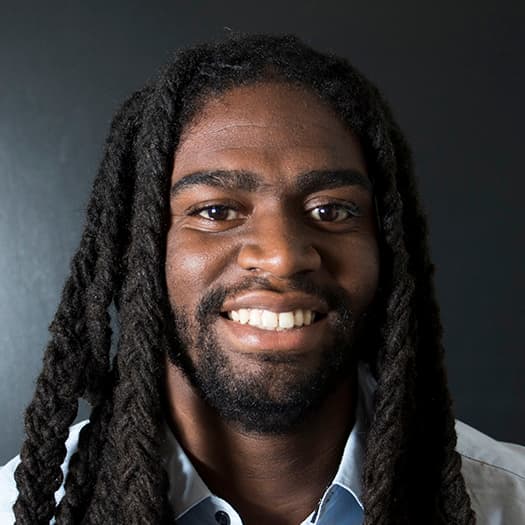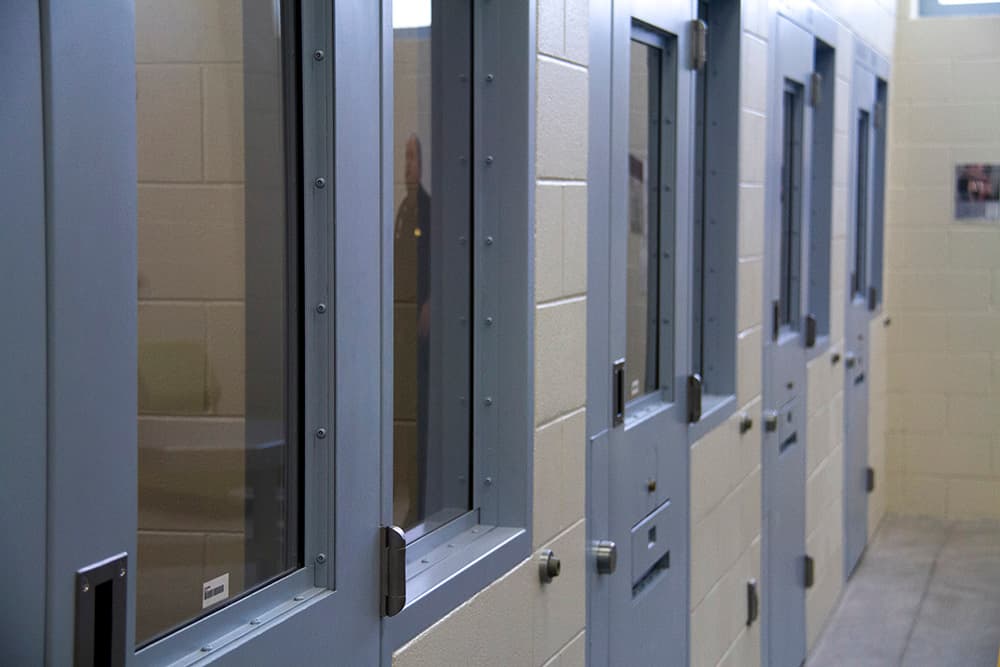In mid-May, Denver District Attorney Beth McCann launched a pilot program that could change the way the city handles some young adults charged with crimes. The city’s first ever pre-file diversion program is designed to help young people escape the consequences that accompany a criminal record, like the difficulty securing financial opportunities, finding housing, gaining employment and sometimes even the right to vote.
McCann's office said at launch that the ideal candidate is someone who has been charged with a crime, but who the district attorney’s office has determined is unlikely be a habitual re-offender if they are successfully diverted away from the criminal justice system initially. The pilot program is targeted at young adults from 18 to 26 years old.
Here's how it works:
There's a pretty long list of things that can disqualify people from the program. They can't be charged with a Victim Rights Amendment charge, a home burglary, possession of a weapon by a previous offender, be currently on probation, have a prior felony or class 1 misdemeanor conviction or are wanted for another felony offense.
So a young person charged with a crime — theft, for example — would first be screened by officers at a jail to see if they would be eligible for this program, then they would then be screened by the district attorney's diversion office with the input from police about whether they would be a good candidate for the program.
The person charged must take responsibility for the offense, and if they are then accepted into this pilot program, compliance with the program would be monitored by the district attorney's diversion office.
Participants sign an accountability contract which details their requirements during their time in the program: they're required to avoid criminal behavior, pay restitution, refrain from drug use and complete community service. They may also be required to get mental health and substance abuse treatment, employment and educational classes or therapy.
If the contract is violated, the young adult will be re-arrested, charged and prosecuted for their original crime. The district attorney’s office has seen phenomenal results in their juvenile programs, McCann said in the May press release about the program, so it only made sense to provide the same opportunity to young adults.
“We have had a successful juvenile diversion program for several years with a track record of much lower recidivism rates — 11 percent in 2017 — than traditional criminal justice approaches,” McCann said in the release. She also said she believes it's more cost-effective than traditional prosecution.
As of this month, about 19 young people have entered the pilot program and the office has aspirations to scale this program up to 50 participants over the next year, according to Ken Lane, a spokesman for the Denver District Attorney's Office.
Criminal charges can dramatically reshape a person's future.
Denver Mayor Michael Hancock has said that the legacy of a broken criminal justice system have been devastating, especially for communities of color.
"It’s troubling enough that between 1980 and 2008, the number of people incarcerated in America quadrupled from 500,000 to 2.3 million," he wrote in a Denver Post op-ed. "What’s worse, however, is that 58 percent of prisoners in 2008 were Latino or African-American."
Jonathan McMillan, chair of the Denver African American Commission was an advocate for the initiative and thinks that this pilot program is a step in the right direction regarding how we approach the criminal justice, especially when it comes to young people. "I applaud Beth McCann and her office for thinking outside of the box," he said. "This is significant policy change, but we can’t just stop here."
He said it will take more than a pre-file diversion program to help young people, especially young people of color, navigate their way out of the criminal justice system.
"We must make sure the people employed there are not perpetuating that racist system," McMillan said.
He said that if one of the conditions for eligibility of this program is parole or probation, the people filling those supervisor roles must be supportive and have the best interest of the young adults at heart in order for the program to be truly successful.
"A lot of times people go into the supervisor roles in the criminal justice system are purely punitive and all about only holding a person accountable," he said. "Sometimes there are extenuating circumstances, they may be dealing with trauma, they may have been dealing with poverty."
He said it will take a joint effort from the community to keep these young adults on the right track before they find themselves entrapped in the criminal justice system.
“We must have community support. One of the things I teach is the importance of interpersonal relationships and the people who you surround yourself with. The community as a whole, not just Brother Jeff, not just Kenneth Crowley, we have to be inspiring our young people,” he said. “We must hold them accountable to being the best selves they can be rather than excusing criminal behavior. Especially when its destructive in our community. Being kings and queens, we need to raise them to be that."
He's speaking from experience. A run-in with the criminal justice system at the young age of 19 created some significant hurdles in his adult life he was then unprepared for. McMillan was convicted of aggravated motor vehicle theft which led to probation and later intensive supervision, which led to living in a community corrections facility. He eventually fled the halfway house, earning him an escape charge, which caused him to serve time in prison.
He said he felt he didn’t have the ability to properly consider the long-term consequences of his actions at the time. He said that something like McCann's diversion program might not have even helped him as a teenager because he was walking down around a road he felt was essentially created for him.
“For me personally, I don't know what that would've changed at that point in my life for several reasons. With the criminal justice system and the narrative around a young black man at that time, I had resigned myself to the fact that I would end up in prison," he said. "Until now it was part of the narrative. You’re going to be a prison by the time you're 25. I was basically right on script at that time in my life."
He also said that young people are especially vulnerable to making bad decisions as they have not fully formed the intellectual and emotional capacity to clearly think through activities they are engaging in especially in the case of dangerous behavior.













